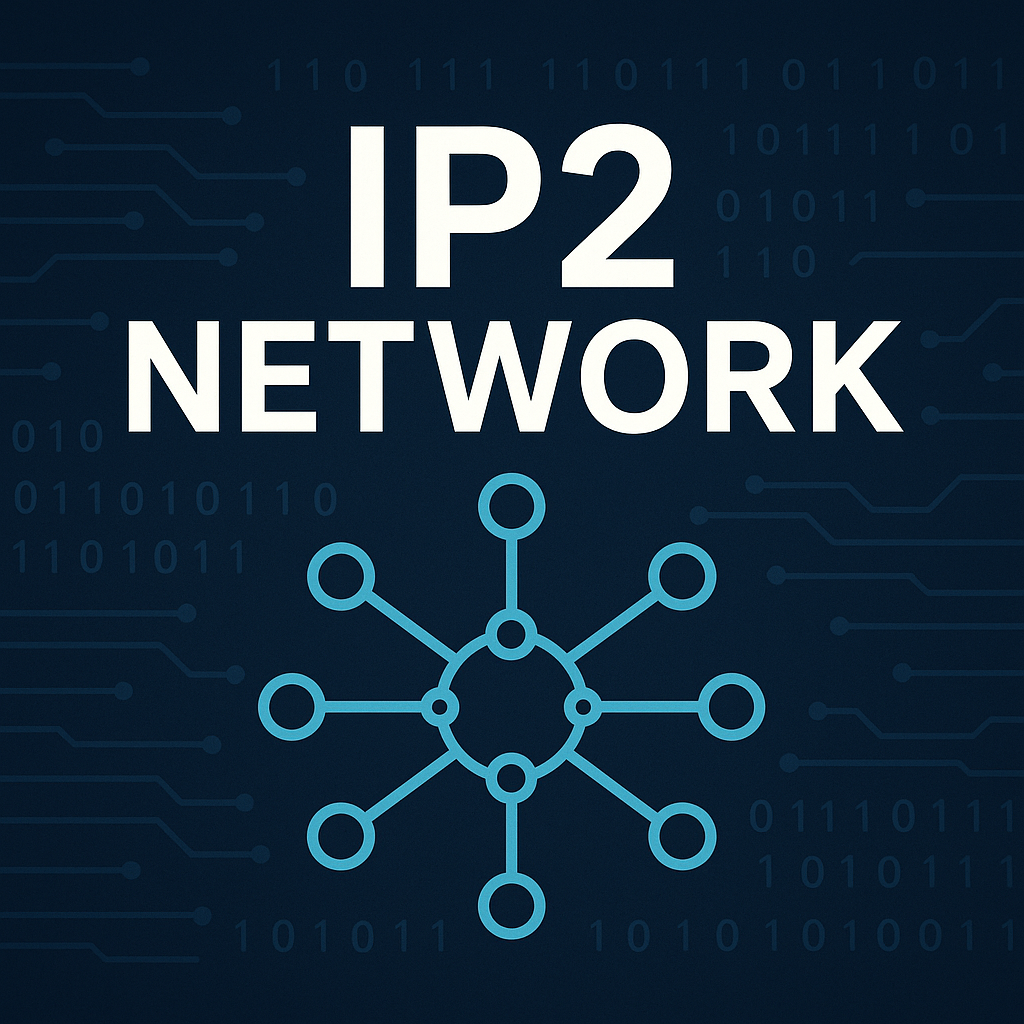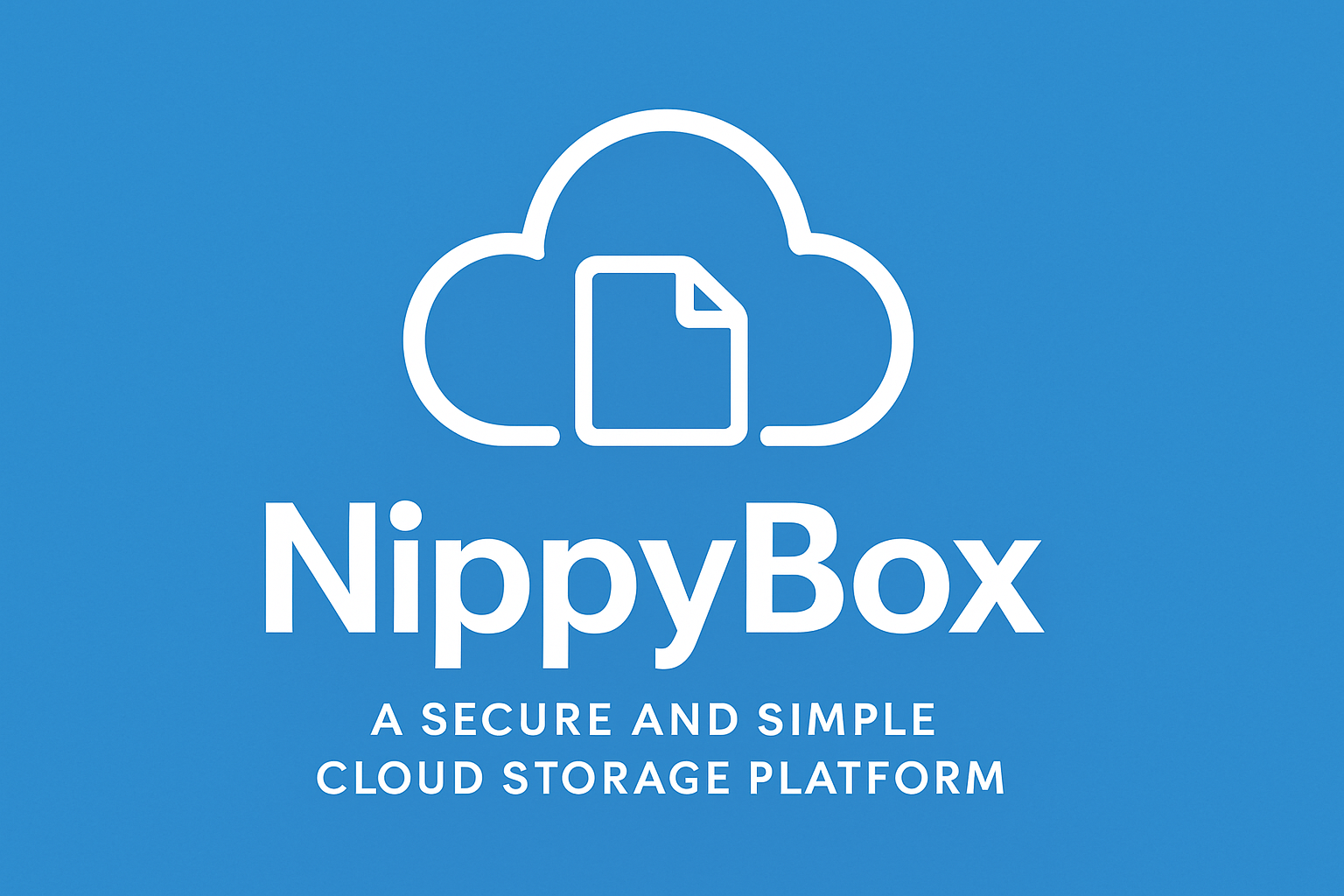The IP2 Network is often used as another name for the Invisible Internet Project (I2P). This network helps people stay private and anonymous while using the internet. It works differently from the normal web and gives users more control over their privacy.
In simple words, the IP2 Network is made for people who want to protect their identity online. It allows them to browse, send messages, and share files without being watched by others.
What Is the IP2 Network?
The IP2 Network is a peer-to-peer network. This means it does not use big servers to send and receive information. Instead, it uses a system where every user is connected to others, and they help each other send data. This makes it very hard for anyone to track who is doing what.
The main goal of the IP2 Network is to hide users’ real IP addresses and encrypt the information they send. It is often used by people who live in places where the internet is controlled, or by those who simply care about their privacy.
How Does the IP2 Network Work?
Here is a simple breakdown of how the IP2 Network works:
1. Encrypted Tunnels
The network uses encrypted tunnels to send and receive information. These tunnels go in one direction — one for sending and one for receiving. This makes it harder to trace where the data comes from or goes.
2. Multiple Layers of Security
Every message or file is encrypted in many layers before it is sent. Each layer is removed only by the next step in the path. This method is called layered encryption, and it is one of the safest ways to send data.
3. No Central Control
There is no main server or control center in the IP2 Network. Everyone who uses it becomes part of the network. They help by sharing some of their internet speed and memory with others.
“Users who want to store and share files safely across a private network can benefit from tools like NippyBox, especially when used alongside privacy layers such as the IP2 Network.”
What Can You Do With the IP2 Network?
The IP2 Network is not just for hiding your identity. It can be used in many helpful ways:
| Purpose | Description |
|---|---|
| Private Browsing | Visit special websites that are only available inside the network |
| Secure Messaging | Chat with others without showing your real identity |
| File Sharing | Send and receive files without using public download sites |
| Host Private Websites | Create your own website that only people on the network can see |
The websites made for the IP2 Network are called eepsites, and they usually end with .i2p.
How Is the IP2 Network Different from the Normal Internet?
Here’s a table to compare both:
| Feature | Normal Internet | IP2 Network |
|---|---|---|
| IP Address Visible | Yes | No |
| Uses Central Servers | Yes | No (peer-to-peer) |
| Encryption | Often Weak | Strong and Multi-Layered |
| Can Be Tracked Easily | Yes | Hard to Track |
| Access to Regular Sites | Yes | No (only internal I2P websites) |
The IP2 Network is designed more for safety and privacy than for speed or convenience.
Who Should Use the IP2 Network?
The IP2 Network can be useful for many types of people:
-
People who live in countries with internet restrictions
-
Journalists who talk to private sources
-
Regular users who want more privacy
-
Developers who want to build private websites or apps
Anyone who wants to keep their online life hidden from others can use this network.
Is the IP2 Network Legal?
Yes, using the IP2 Network is legal in most countries. It is just a tool, like a browser or a VPN. But what matters is how you use it. If someone uses it to do illegal things, that’s not allowed. But if you are using it only to protect your privacy, that is completely fine.
Final Thoughts
The IP2 Network, also known as the Invisible Internet Project, is a great tool for those who want to stay anonymous and secure online. It is free, open-source, and available to everyone.
In a time when so much of our data is being tracked and shared, the IP2 Network gives you a safe space to browse, chat, and share without fear. Whether you are a regular user or a tech expert, this network can help you take control of your privacy.







